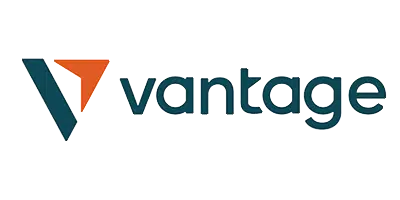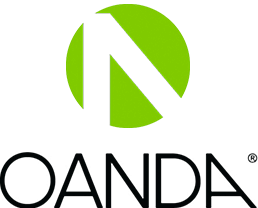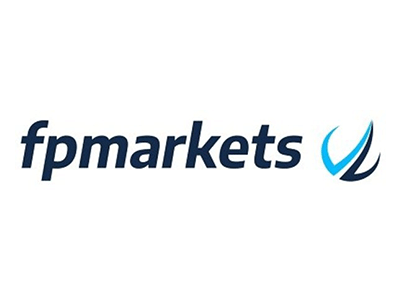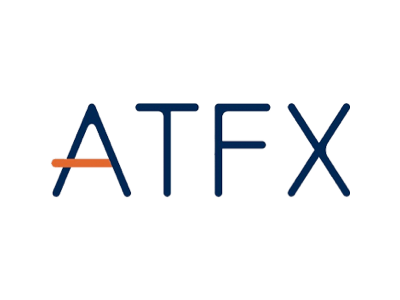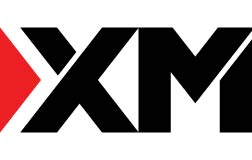CFTC - Commodity Futures Trading Commission
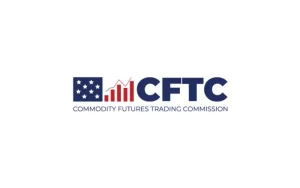
- Website: https://www.cftc.gov
- Founded: Tháng 4 năm 1975
- Operated by: State-managed
- Country: United State
- Hotline: 1-866-FON-CFTC (866-366-2382) (Miễn phí tại Hoa Kỳ)
- Email: whistleblower@cftc.gov
Who is the CFTC?
The CFTC (Commodity Futures Trading Commission) is an independent agency of the U.S. government, established by the Commodity Futures Trading Commission Act of 1974.
To foster the integrity, resilience, and vibrancy of the U.S. derivatives markets through robust regulation.
To protect market participants, consumers, and the public from fraud, manipulation, and other abusive practices related to derivative products (futures, options, and swaps).
To avoid systemic risk: Ensuring financial stability and mitigating risks to the entire financial system. To promote open, transparent, and competitive markets.
Key Areas CFTC Regulates:
Initially, the CFTC focused on futures and options contracts related to agricultural commodities. However, its scope has expanded significantly to include:
Futures and options contracts on a wide range of underlying assets including commodities (agricultural products, energy, metals), currencies, stock indices, and interest rates.
Swaps markets, particularly after the Dodd-Frank Wall Street Reform and Consumer Protection Act of 2010.
What does the CFTC regulate?
The CFTC carries out its mandate through a robust regulatory framework, underpinned by the Commodity Exchange Act (CEA) and supplementary regulations. The CFTC does not issue “licenses” in the traditional sense to institutions, but rather requires registration and adherence to strict standards. This registration is often delegated to the National Futures Association (NFA), a self-regulatory organization (SRO) under CFTC oversight.
Key standards and regulations include:
Registration Requirements: Most intermediaries and market institutions must register with the CFTC (via the NFA) and comply with standards for fitness, ethics, and background.
Minimum Capital Requirements: Entities such as FCMs, SDs, and MSPs must maintain a minimum amount of capital to ensure solvency and customer protection. For example, FCMs must maintain minimum adjusted net capital of $1,000,000 or 8% of customer funds owed, whichever is greater. These requirements are highly detailed and complex, depending on the type and scale of operations.
Internal Control and Risk Management Standards: Requires institutions to have robust systems for managing operational, credit, and market risks, as well as internal control processes to ensure compliance.
Customer Funds Protection: Strict regulations on the segregation and protection of customer funds held by FCMs.
Market Transparency and Reporting: Requires entities to report detailed transaction data to data repositories (such as SDRs) to enhance market transparency and oversight.
Anti-Fraud and Market Manipulation: The CFTC has strong enforcement powers to investigate and penalize fraud, price manipulation, insider trading, and other abusive practices.
Business Conduct Standards: Rules governing how entities interact with customers, including disclosure of information, fair dealing, and avoidance of conflicts of interest.
Anti-Money Laundering and Counter-Terrorist Financing (AML/CFT): CFTC-regulated entities must comply with AML/CFT regulations, including Know Your Customer (KYC) programs and suspicious activity reports (SARs/STRs).
How to resolve disputes with CFTC-regulated entities?
Directly Contact the Financial Institution: The first step is always to submit a complaint directly to the involved company or individual.
Reparations Program: The CFTC has a Reparations Program that allows customers to file complaints against CFTC-registered entities and individuals for violations of the Commodity Exchange Act. This program is an alternative to litigation in court and can lead to monetary awards for damages.
NFA Arbitration: Many disputes between customers and NFA members (whose registration is delegated by the CFTC) are resolved through NFA’s arbitration process. This is often a more efficient and less costly way to resolve disputes.
Report Violations/Whistleblower Program: If information about serious violations of the Commodity Exchange Act or CFTC regulations (fraud, manipulation, etc.), you can report it to the CFTC’s Division of Enforcement. The whistleblower program may provide financial rewards for information leading to successful enforcement actions.



